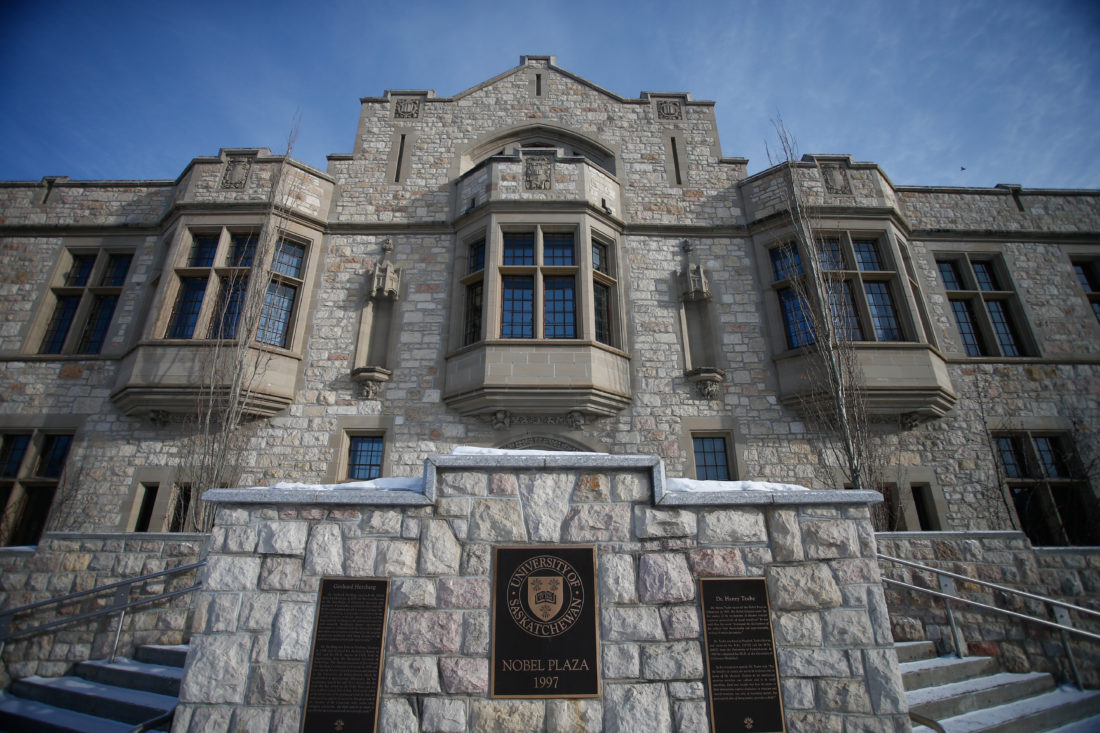
University staff hope to take lessons learned from the pandemic into the 2021-22 school year as reopening awaits.
On March 4, University of Saskatchewan President Peter Stoicheff made an announcement saying that Fall Term 2021 will see a “a significant increase to in-person, on-campus instruction.”
Patti McDougall, vice-provost of teaching, learning and student experience, expects a final announcement in May about the return to campus in the Fall Term that will dictate the terms of returning to campus.
“That announcement will be a sort of finalization, so we’re doing a lot of planning behind the scenes now so we can get to that province-wide announcement in May,” McDougall said.
March 13 marked one year since the COVID-19 pandemic forced most people off campus and started an era of mostly remote learning. Faculty only had a few days to redesign their courses so they could be taught remotely.
One such faculty member was Rebekah Bennetch, a lecturer from the College of Engineering. Bennetch teaches two rhetorical communication courses which she describes as tight-knit and highly interactive. She found that remote learning took away much of the experience that students typically got in those courses.
“When we had to go remote in the spring last year, it was pretty quick, and we ended up having a lot of the discussion boards on Blackboard, which was awful,” Bennetch said. “I wanted an opportunity for community, but it was just not good.”
Despite the setbacks, Bennetch says that some good has come out of learning remotely.
“It’s been interesting to watch how the courses evolved from when the pandemic started to where [they are] now because it’s steadily gotten better in terms of adapting to the constraints of teaching remotely,” Bennetch said.
Together with other instructors, Bennetch redesigned a course last term in which students worked in small groups that served as mini learning communities.
“They get to make connections with other people in the course,” Bennetch said. “It creates that sense of ‘we’re all in this together’ even though we’re all separate.”
Nevertheless, Bennetch feels like the university can do better in addressing the pandemic.
“I do think that the university has fallen short in terms of making space for the trauma of what both students and faculty have gone through, and that’s a big miss,” Bennetch said. “The worst thing that we can do as a university community is to come back after this is all over and pretend that it didn’t happen.”
McDougall acknowledges the different wants and needs of the university community, with many students wanting to come back but some preferring the remote environment.
“They are happy with the flexibility that they’ve had over this last year,” McDougall said.
McDougall stresses that two of the university’s considerations in planning for students are safety and advancing students’ degrees, even if students cannot return to campus.
According to McDougall, the provincial government’s vaccine rollout plan is one of the biggest reasons for returning to campus. She says the best way to return to campus as quickly as possible is to get vaccinated as soon as vaccines become available.
“We are calling on people to get vaccinated when that opportunity arises. That vaccination rollout is going to make the difference for us as we return,” McDougall said. “The way to protect [the] pack is to get that vaccination.”
—
Matthew Taylor | Contributing Reporter
Photo: Nicholas Saretzky | Contributing Photojournalist